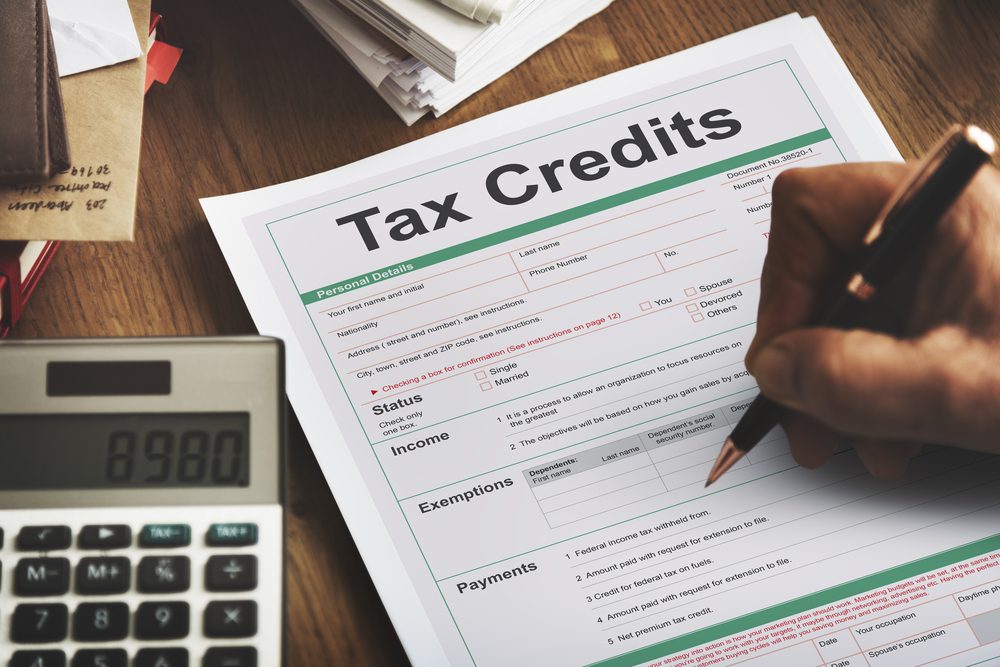There are special tax breaks that are available for veterans only!
Whether you are a newly appointed veteran who has recently returned to the country or you have served for many years and are now preparing for retirement, you should be aware that there are special tax breaks for veterans. Not only that, but they can be a great help when it comes to dealing with your and your family’s tax bills.
Because veterans have served our country and have risked their lives for us, they are entitled to a lot of perks that come when taxes are brought into the discussion. However, not many know to take advantage of all of them since taxes are a bit hard to get the hang of despite most of us doing them for years (if you need a bit more help, there’s no shame in reading about the topic).
This is why we have gathered some of the most important and useful veteran tax breaks so that you (or a loved one) can take advantage of them the next tax season. From being able to file your tax return for free to getting help when it comes to getting an education (for you or your family), these are just some of the resources you can find out there.
Let us know if you’ve already been using these or if you have another one that you think fellow veterans will find just as useful!

#1 Some income is tax-free for veterans
If you are a veteran, then it’s very probable that your pension is counted as income that is taxable under federal law. Yet, if you have a disability and you receive them in addition to the pension or instead of it, then those are definitely tax-free. Because they are not taxable, you will not have to add them to your tax return either!
In addition to that, if you have certain disabilities or you cannot leave your home, you may also qualify for housebound or Aid and Attendance (A&A) benefits. These are given to those who require additional assistance in offsetting the cost of hiring a caretaker or as compensation if the veteran’s spouse is the caretaker in that scenario. Both of these benefits are tax-free under both state and federal laws.
There are other benefits and tax breaks that you can get if you have disabilities and require other aid, and you can check them out on the VA’s official website!

#2 Did you file for amended tax returns? You can get additional time
Generally speaking, if you have filed your tax return, you have three years to either amend the form or to get any possible refund if you have overpaid in taxes. However, if you are a veteran, there is a chance you can get a bigger time frame in which you can prepare all the documents needed to file amended tax returns.
This situation has become the norm since a few years back when a veteran advocacy group (National Veterans Legal Services Program) uncovered that the Defense Finance and Accounting Service was using an outdated process that ended up withholding taxes that veterans were paying through disability severance payments.
A lot of them who made lump-sum payments for those disability benefits were owed a refund. However, they were not aware of it, nor were they told about it, so not a lot of them managed to file the refund form in the three-year window for amended tax returns.
In 2016, Congress passed an act that would give the affected veterans more time to file their amended returns and thus get the refund they were owed. The Department of Defense then mailed letters to those affected in July 2018 and 2019.
However, if you haven’t received a letter from the DOD but you know you have received a disability severance payment after January 17, 1991, you can still qualify for the refund. Get in contact with the VA to get your documentation for Form 10440-X, which will grant you the refund.
#3 Prepare for tax season for free!
If you are overseas or even if you are back home, know that there are a number of ways in which you can receive aid when it comes to either preparing for filing your tax return or just when you need tax aid. Online financial company Inuit prides itself on being a supporter of all U.S. military active personnel and veterans, along with their families and communities, no matter if they’re still stationed overseas.
They have committed to offering those who are actively serving (be it that they’re on active duty, National Guard E1-E9, or reservists) free aid when it comes to preparing for federal and state taxes through their online platform TurboTax. This includes not only their simple packages but also the more complex ones (Premier, Deluxe, and even the Self-Employed ones).
There are numerous ways in which you can prepare for the tax season, and most of the extra perks will be known to a tax expert, be it that you choose to go to the online ones or you know a tax advisor willing to lend you a hand. For even more benefits and tax breaks, you can visit the IRS official website and even the Veterans Affairs one, as they have the newest and most accurate pieces of information out there!

#4 Assistance for tax-free education
Be it that you want to go back to school in order to get extra skills or that you have children you wish to help through higher education, as a veteran, you can do so without paying taxes. Moreover, due to the Post-9/11 GI Bill, you may be entitled to receive training or education benefits, which will be useful when it comes to paying expenses for undergraduate or graduate degrees, even for some on-the-job training courses!
The best thing is that these benefits, which are made to come to your assistance, are not taxable, and you do not have to declare them on your tax return. You just have to apply for these benefits, and then, when tax season comes around, you do not have to worry about being taxed extra due to the help you have received.
#5 Earned Income Tax Credit (EITC)
The Earned Income Tax Credit (EITC) was created to assist and aid low- and moderate-income families and workers. What many do not know is that many veterans also make the cut to be eligible for the EITC.
It works as a credit that is refundable, helping you to reduce your tax liability. If the liability is reduced so much that it falls under zero, then your tax refund can end up being greater than what you paid initially through pre-estimated tax payments or other withholdings.
In order to be considered for the EITC, the veteran will have to have an earned income, be it a salary or other wages from different jobs. What’s more, those who are eligible and receive benefits for long-term disability can also qualify, provided they started receiving them before the minimum retirement age.
The catch with this benefit is to keep an eye out on what the income limits are and how the maximum credit has changed this year, as they fluctuate from one tax period to another. If you are unsure, you can either talk with a tax professional, or you can look online for solutions that will help you both identify and maximize all the tax credits available to you.
Even if you’re not a veteran, there are still a lot of ways in which you can get some tax deductions! Read about all the legal ones you can make use of next tax season here!














One Response
I had to go back to school to get my masters degree back in 2003 as part of my position. Is this program retroactive to that date (2003)?